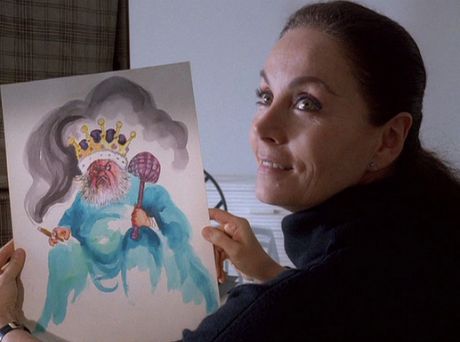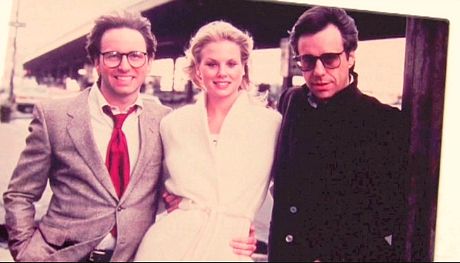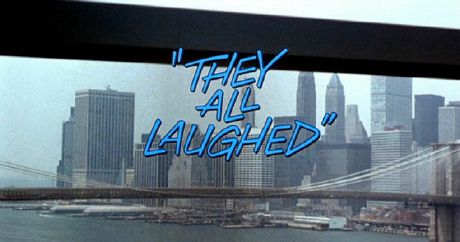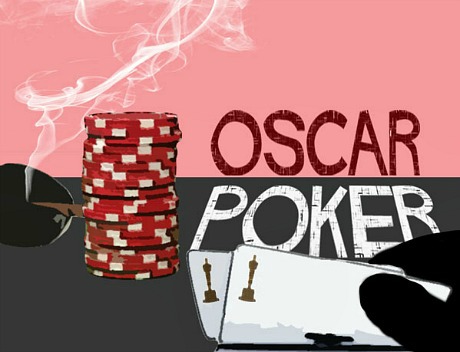For years the saga of the much-written-about effort to assemble a completed version of Orson Welles‘ never-finished The Other Side of The Wind has been missing a key element — i.e., a bad guy. Whenever a collaborative project stalls, it’s usually because somebody in the loop is being unreasonably demanding or flaky about something. Like Larry Silverstein, the obstinate greedhead who held up the reconstruction of the World Trade Center. The mark in this instance is Oja Kodar, Welles’ lover and comrade-in-arms for the last 24 years of his life and a current, Croatia-residing holder of rights to TOSOTW. Wellesians have long been reluctant to speak ill of Kodar given her tender history with Welles, but now a key chronicler has said “fuck it, let’s call her out.”
A piece posted yesterday (8.10) by Wellesnet.com‘s Ray Kelly claims in concise, chapter-and-verse form that Kodar is the Larry Silverstein of the Other Side of the Wind realm.
“And now we face the sad realization that Oja may be stalling the completion of The Other Side of the Wind,” Kelly writes early on.
“In Joseph McBride‘s What Ever Happened to Orson Welles?: A Portrait of an Independent Career, Wellesians first learned of the troubled efforts to finish TOSOTW and how Oja and Peter Bogdanovich sacked McBride, a key player in brokering a $3 million deal with Showtime to finish TOSOTW in 1999. The pact soon fell apart.
“In Josh Karp‘s Orson Welles’s Last Movie, numerous individuals (investors, attorneys, executives and others) who have been involved with the project during the last 15 years all told a variation on the same tale in which Oja derailed attempts to complete the film by (a) reneging on agreements, (b) pitting investors against each other, (c) secretly shopping for better deals and (d) shifting her allegiances at critical junctures.
“Oja’s actions prompted an attorney for the Boushehri family, a co-owner of the film, to write in a 2007 memo: ‘We have been waiting for many years for her to agree to a deal…my own personal feeling is that she is incapable of making a deal with anyone..our client has never been the problem. Kodar has been.'”
Read more







